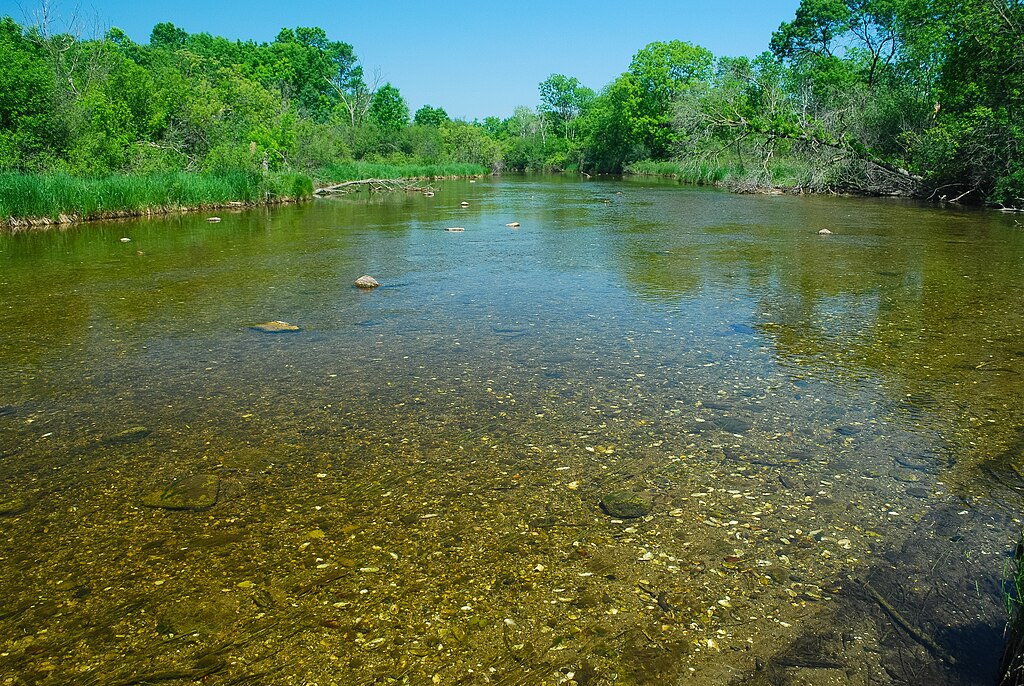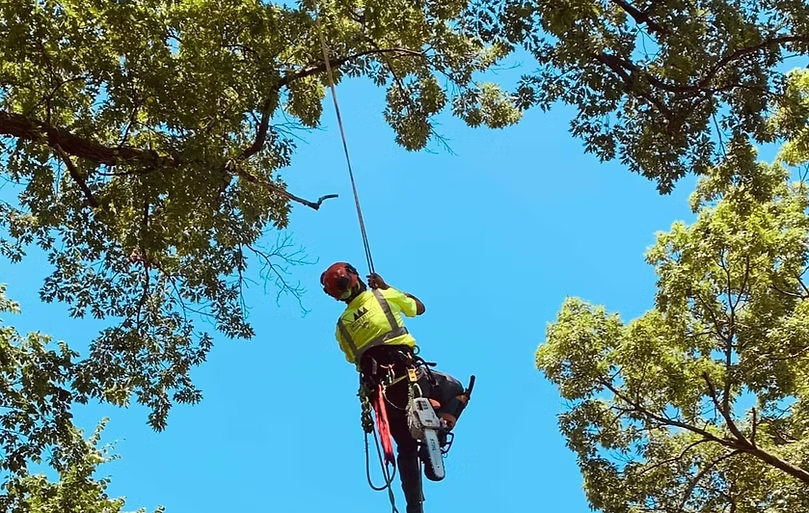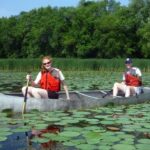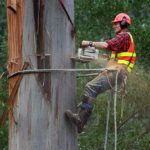Mukwonago, nestled in Waukesha County, Wisconsin, has become a focal point for forestry regulation enforcement and sustainable land management. As urban development and environmental concerns intersect, the village’s efforts to balance growth with ecological stewardship have positioned it as a model for other communities in the region.
The Foundation of Forestry Regulation in Mukwonago
Forestry regulation in Mukwonago is shaped by a combination of local initiatives, state guidance, and community involvement. The Wisconsin Department of Natural Resources (DNR) plays a pivotal role, providing the regulatory framework and resources needed to manage public and private lands responsibly.
Local organizations, such as the Friends of the Mukwonago River, further amplify these efforts through education, advocacy, and hands-on restoration projects. Their work, particularly with the WDNR Forest Weed Grant program, has enabled landowners to remove invasive species and restore native habitats, revitalizing over 75 acres in the watershed since 2015.

Land Acquisition and Conservation Initiatives
A significant aspect of Mukwonago’s approach to forestry regulation enforcement is the acquisition and preservation of green spaces. In 2025, the village applied for a matching grant through the Knowles-Nelson Stewardship Program, aiming to secure 2.2 acres of land for conservation.
This initiative underscores the importance of proactive land management, ensuring that natural areas remain protected for recreation, wildlife, and ecological health. The DNR’s assessment of the property included considerations for public safety, such as prohibiting hunting and trapping near residential areas, reflecting a nuanced understanding of land use and community needs.
Community Engagement and Education
Mukwonago’s strategy for effective forestry regulation enforcement hinges on active community participation. The Friends of the Mukwonago River exemplify this approach by engaging landowners in restoration projects and offering financial assistance through grants. These programs not only combat invasive species but also foster a sense of stewardship among residents. Educational outreach, public meetings, and transparent communication channels help ensure that regulatory actions are understood and supported by the broader community.
Collaboration with State and Regional Partners
The village’s efforts are bolstered by collaboration with state agencies and regional planning bodies. The Mukwonago River Unit of the Kettle Moraine State Forest is a testament to coordinated land management. Open year-round, this area provides recreational opportunities while serving as a living laboratory for sustainable forestry practices. The Southeastern Wisconsin Regional Planning Commission’s Mukwonago River Watershed Protection Plan further guides local actions, aligning them with broader conservation goals.
Enforcement Mechanisms and Best Practices
Enforcing forestry regulations in Mukwonago involves a blend of direct oversight, incentive programs, and best practice dissemination. The DNR’s guidelines for tree removal, invasive species control, and land restoration are implemented through a combination of permits, inspections, and grant-funded projects. Local authorities and community groups monitor compliance and provide technical support to landowners, ensuring that regulations translate into tangible environmental benefits.
Forestry mulching and other sustainable land clearing techniques are increasingly favored in the area. These methods minimize soil disturbance, prevent erosion, and promote healthy regrowth by converting unwanted vegetation into mulch that enriches the soil. Such practices align with Mukwonago’s commitment to environmental responsibility and regulatory compliance.
The Broader Impact on Waukesha County
Mukwonago’s proactive stance on forestry regulation enforcement has ripple effects throughout Waukesha County. By prioritizing conservation, responsible land use, and community engagement, the village sets a standard for neighboring municipalities. The benefits extend beyond ecological health, contributing to public safety, recreational opportunities, and the overall quality of life for residents.
Supporting Sustainable Forestry in Waukesha

Mukwonago’s commitment to forestry regulation enforcement highlights how thoughtful stewardship and community involvement can protect local landscapes for generations to come. As Waukesha County balances growth with conservation, property owners seeking to care for their trees and woodlands can benefit from the expertise of professionals who understand the region’s unique needs.
Midwest Tree & Landscape LLC provides a range of services—including tree removal, trimming, stump grinding, forestry mulching, storm damage response, and winter tree work—that support the health and resilience of local forests while contributing to the well-being of the entire community.
If you’re ready to support responsible forestry and enhance your property, call us to get a free estimate. Our expert team is committed to helping you maintain healthy trees and resilient woodlands throughout Waukesha County.



